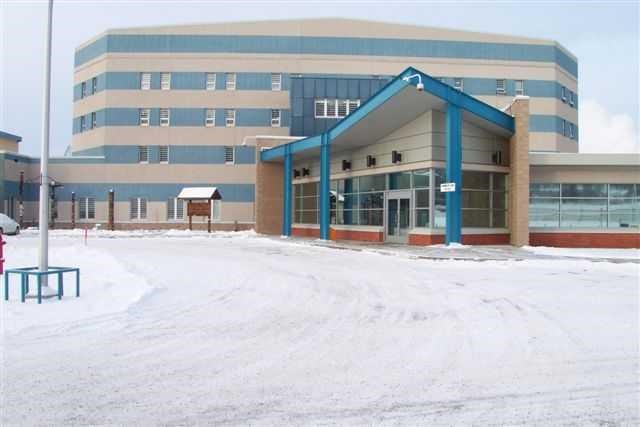Roughly two-thirds of British Columbians who died of an illegal overdose between Jan. 1, 2016, and July 31, 2017, had been in recent contact with the criminal justice system according to the BC Coroners Service.
A death review panel report has discovered 10 per cent (333 people) died within their first month of release from a correctional facility.
And now, there are five new community transition teams stationed throughout the province, with Prince George being one of the locations.
“People who are transitioning back to their communities after incarceration deserve a fresh start,” Judy Darcy, minister of mental health and addictions says in a news release. “For those with opioid-use disorder, the guidance of peer support is foundational to preventing overdose. Together with all partners, we are building a full spectrum of connected services to save lives so that people from all walks of life can find the support they need to find a pathway to hope and healing.”
The four other locations are Surrey, Kamloops, Nanaimo, and Port Coquitlam to start.
The transition teams will help people with opioid use disorders access treatment in their local community after release from a correctional facility.
Each team consists of both a social worker as well as a peer, which is a person who has lived with experiences with drugs, the correctional system, or even both.
Teams will work with clients for roughly 30 days after a release to help them find a community physician, fill prescriptions, as well as access other recovery supports.
“People involved with the criminal justice system are some of society’s most vulnerable,” Lynn Pelletier, the vice-president of BC Mental Health and Substance Use Services, which oversees Correctional Health Services adds in the release. “They’re also among the hardest to reach in the midst of this overdose emergency. Integrating correctional care with community-based care gives us an opportunity not just to prevent overdose, but also connect to health services and possibly change the trajectory of their lives by addressing some of the social and economic realities that brought them to us in the first place.”
The number of those who are currently being given opioid treatment in jail shouldn't be totally surprising.
Dr. Nader Sharifi, who is the medical director for Correctional Health Services and addictions lead for BC Mental Health and Substance Use Services, says that roughly 40 per cent of people in corrections currently are recieving opioid agonist treatment including medications like Suboxone and methadone to treat an opioid disorder.
"People with opioid-use disorder are as much as 12 times more likely to die of a drug overdose shortly after release from a correctional facility," He says. "There are barriers to continuing the treatment they start with us. Clients are facing stigma. They might have no income and no fixed address. It's not as easy as visiting the nearest doctor's office."
BC Mental Health and Substance Use Services says community transition teams began connecting with first clients this month.
The Provincial Health Services Authority (PHSA) hopes to expand the project next year based on results.


